

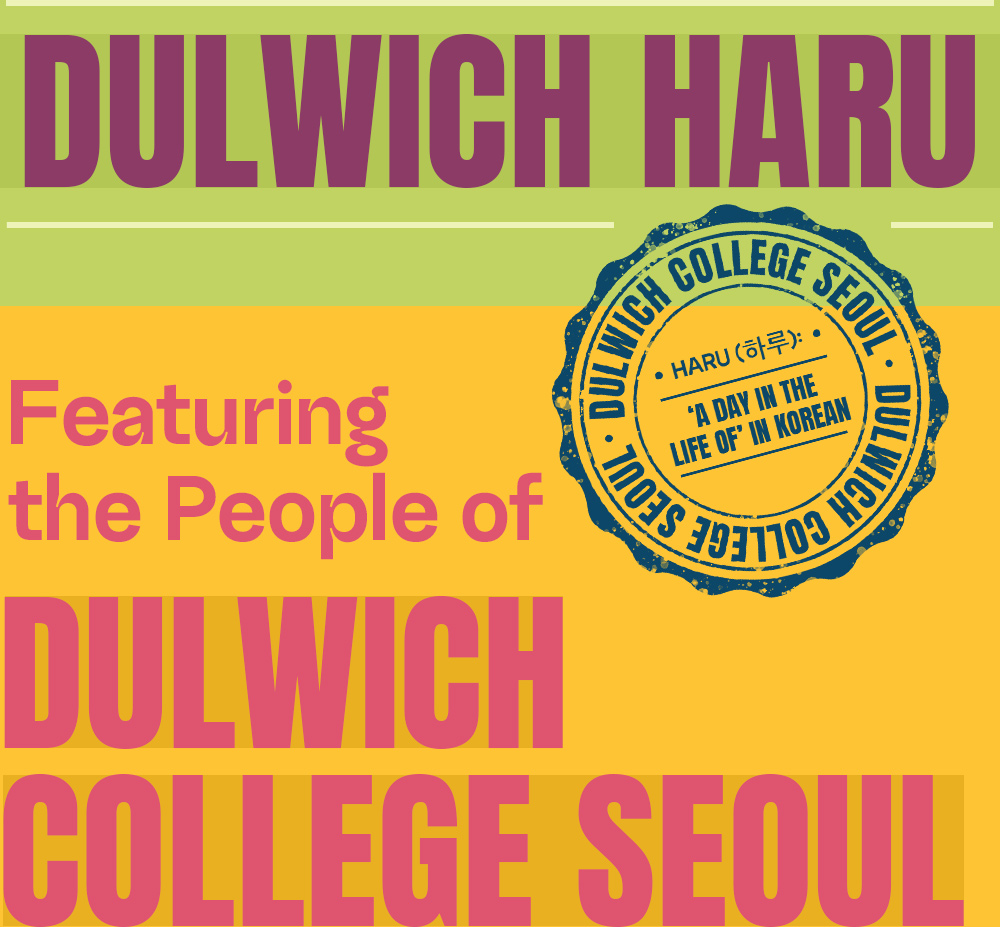
IN THIS EDITION
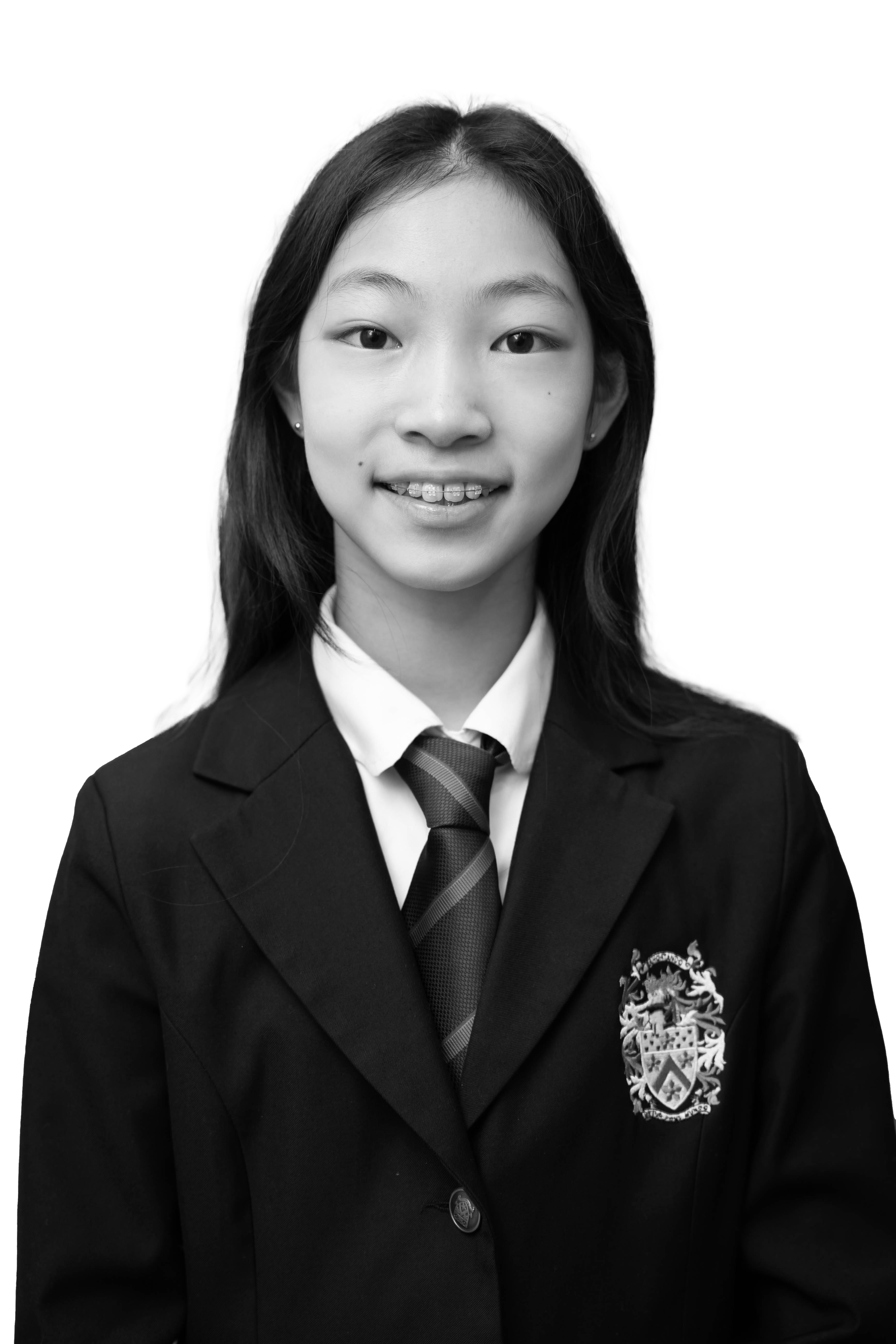
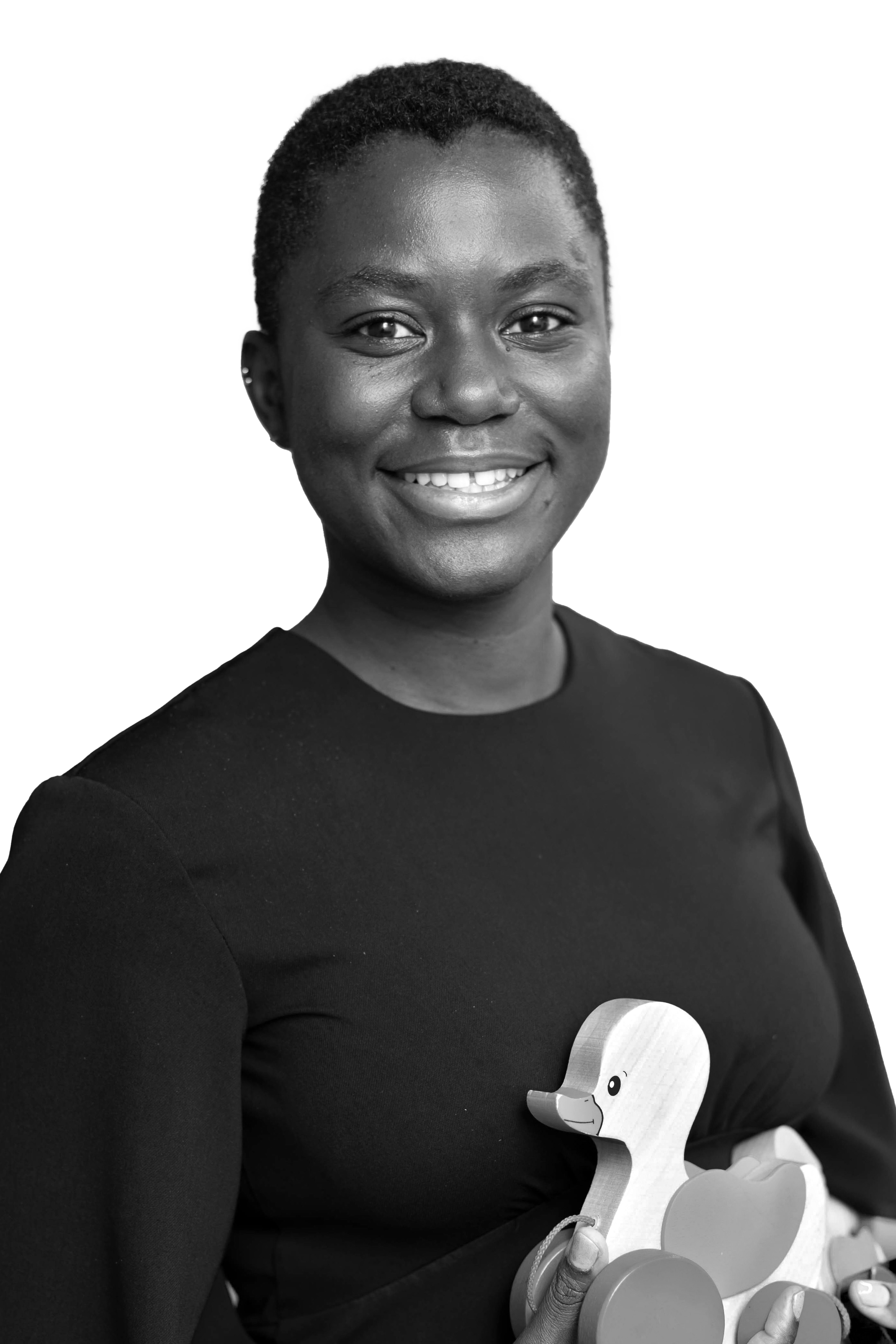
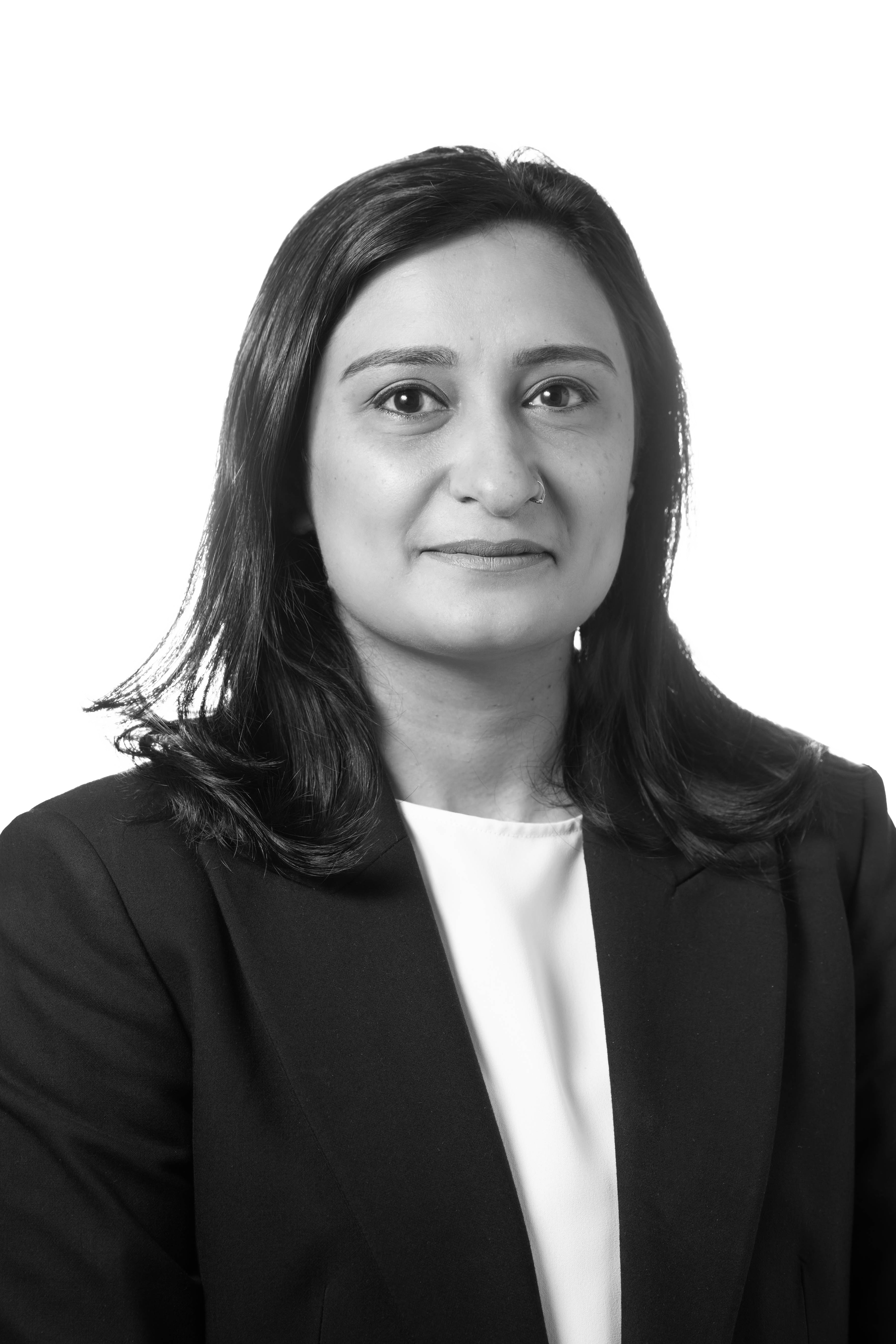
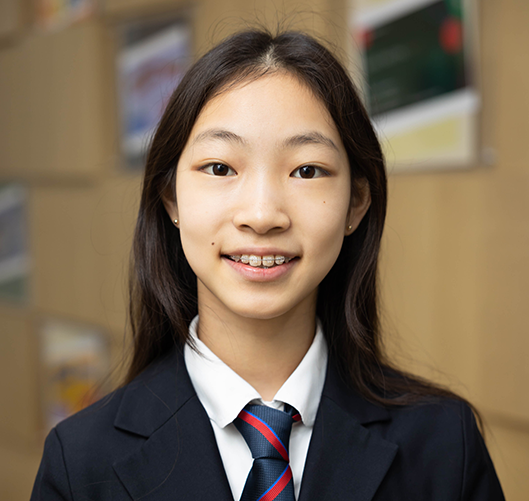
I joined Dulwich in Year 6 after spending several years in Australia. I was born in South Korea and moved to Australia when I was seven years old. Dulwich was great from the start and everyone was kind, which helped me settle in well. My first teacher was Ms Wilson and I found her lessons to be engaging and enjoyable.
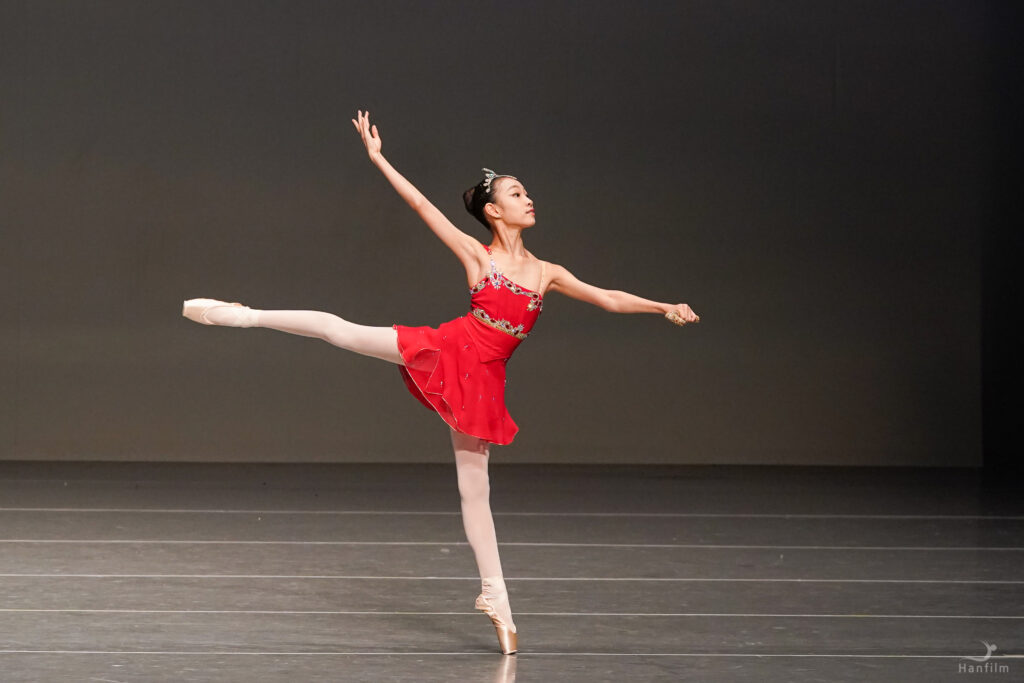
I started dancing in 2015 with rhythmic gymnastics. When I moved to Australia, I had the opportunity to try ballet. My family and I thought it would be beneficial for my gymnastics, as it stems from ballet, but then I decided to just switch. Ballet has a more performance-based approach, whereas gymnastics felt more robotic to me.
Ballet has helped me improve my posture and engage my muscles. With school, we spend a lot of time sitting down, which isn’t great for our bodies. Ballet provides numerous health benefits and is a physically demanding form of dance. It can be challenging at times, but it’s also a lot of fun!
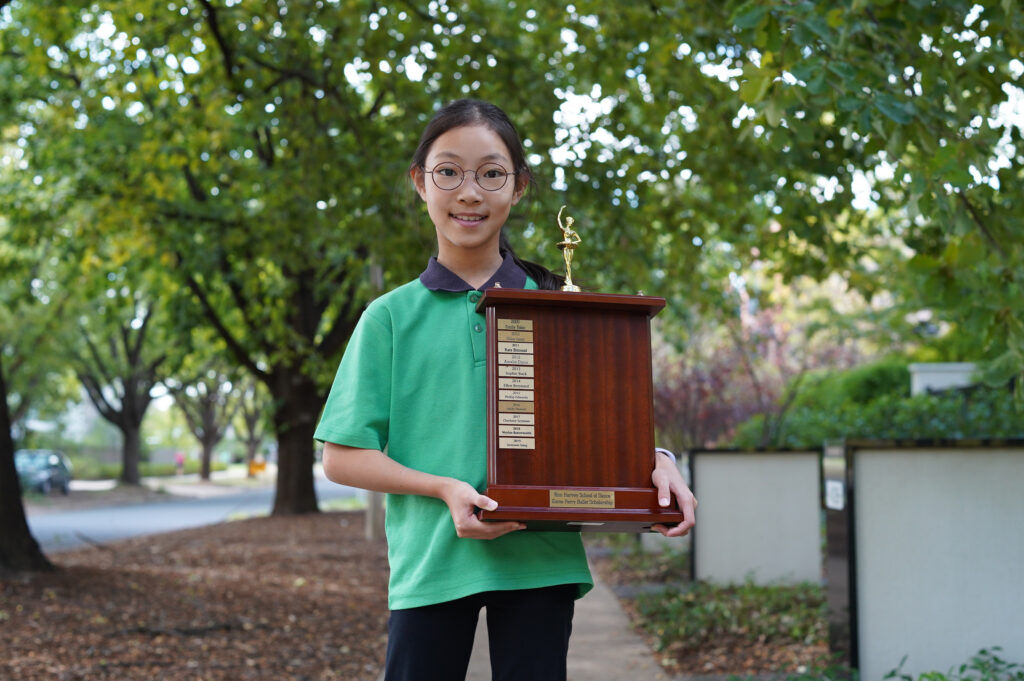
Ballet is a performance-based art form, so we have end-of-year concerts. Currently, I am part of a ballet company called Korea Youth Ballet Stars and we perform two to three times a year. It’s a fantastic experience, as I’ve gone from being a shy and nervous performer to a confident one with the support of my family, friends, and peers in the company.
Due to the COVID-19 pandemic, I haven’t had the chance to participate in as many activities as I would have liked. But I do have fond memories of Adventure Week in Year 6, where we went wall climbing for the first time. I was surprised by how much I enjoyed it and found that my training in ballet helped me. It was a thrilling experience because we don’t often get to be that high up.
I’ve had many fantastic teachers here, but the most memorable for me was Ms Wilson from Year 6. She was caring, funny, and made sure we were fully engaged in class. I’ll always be grateful for her support. Also, I would like to say a special thanks to Mr Welsby for being a wonderful tutor in Year 7, Year 8, and hopefully Year 9 as well.
Although I am deeply invested in ballet, I’m not necessarily interested in pursuing a career as a ballerina. I have recently developed an interest in the medical field. I first developed an interested in science when we started learning about it in Senior School. After that, the more I learned, it felt like I was unlocking new parts of the world and it was amazing. My first science teacher, Mr Thorpe, made the topics we were learning about really fun and engaging. Also, we did a lot of practical experiments, which I found fascinating.
In ten years, I hope to be in a place where I can use both my love for ballet and my interest in medicine to help dancers. In ballet companies, there are people who help dancers recover from injuries – big or small – so they can keep dancing. I saw this happen when one of my friends got hurt during class and couldn’t dance anymore, which was really sad. I think by combining my two passions, I can make a difference for dancers.

To me, being a global citizen means accepting and embracing differences. It’s about being open-minded towards people from all backgrounds, no matter where they come from. I had a taste of this when I started school here at Dulwich. Even though I was new, I was treated with kindness and respect. This made me realise how important it is to be a global citizen and how small acts of kindness can make a big difference.
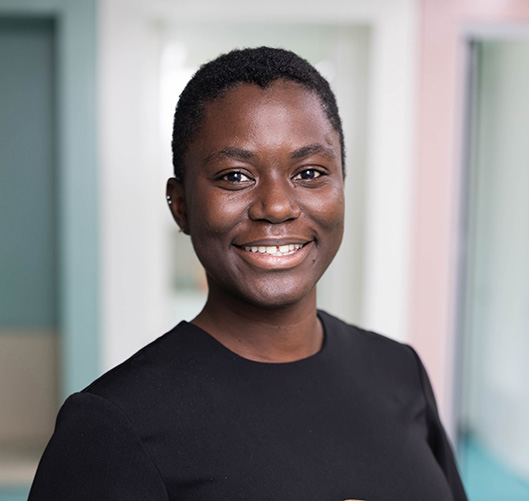
I was born in Ghana and moved to London at age seven. I’m the Head of DUCKS 1 and moved here with my husband, Jason Burrows, who is the Primary Librarian in the Inquiry Hub. We have a two-year-old child, Ezra, and he is having fun in a local Korean nursery. Before coming to Korea, we lived in Kazakhstan for several years.
I actually wanted to work in media at first. I had done my degree in media production, which I loved because it was so hands-on and versatile. I worked in radio before joining an advertising production company. I was doing media-related youth work when I realised I enjoyed the teaching aspect much more than I enjoyed the media aspect.
In the classroom, seeing the joy in the children’s faces when they made the connections between things that I’d taught them over time and then seeing them apply skills that I’d given them – it gave me such a nice feeling, and I thought, “This is definitely what I want to do”.
I then took a job as a teaching assistant for a year before getting my PGCE teaching degree.
Nina with her students dressed
in hanbok, traditional Korean dress.
We first met while I was on holiday in Spain. He was working there as a teacher at the time. He then moved to London and we stayed there for a year. I always wanted to try teaching internationally but I didn’t want to do it on my own so when he suggested going back to Spain together, I jumped at the idea. It wasn’t far from home and it seemed like a natural first step into the world of international education.
Family Portrait
We had a friend who had moved to Kazakhstan and he talked about how much he liked it. He was happy. He said it was comfortable and safe. When we met some recruiters from Kazakhstan at a job fair, we thought, “Why not?” Not many people get to say they’ve been there or lived there. There are loads of places that people talk about as being hidden gems and I think Kazakhstan is one of them.
Moving from Kazakhstan to Korea was interesting. There are things that I thought would be easy but have turned out not to be, like paying bills online. The food here is great. I’m adjusting to big city life, and getting used to the idea that I can go out and not see someone I know.
Nina with a DUCKS 1 student
IIn DUCKS 1, the children learn through play with us following their interests. We facilitate their learning and deepen their knowledge by introducing new concepts. That allows fluidity and openness so that everyone is able to access the learning at a level that is appropriate to them and of interest to them.
For example, we’re currently learning about symbols. Some of the children have taken that and looked at superheroes and what their logos mean. Some children have looked at numbers and how they are symbols for quantity. We are able to link in that learning fluidly without them realising that they’re actually doing maths or literacy.
A big part of that is allowing them access to outdoor areas so that they’re able to develop physically and apply all of the skills they learn in real-life situations.
It’s about those foundations and making sure they have the basic maths skills and actually understand the concepts. It’s great knowing 2+2=4 but what does that mean, and how is it going to help you when you’re doubling numbers or out shopping. We want to make sure they have strong communication skills so they can listen to somebody else’s opinion and react to it appropriately with regard to how that affects them and what they think about it. To be able to have good communication skills, good mathematics skills, and investigative skills through concept-based learning to be able to question everything, think about the consequences of their actions and words and how that impacts others, and how you can be a kind person when you go out into the world. We want them to be happy, confident individuals who are going to be kind, decent people in the world. That’s the goal.
As parents, sometimes we need to step back. As much as we want to do for them, we need to realise that, especially at this age, they are capable of so much and we sometimes hold them back by thinking they aren’t ready for that next step. Follow your child’s lead. If you let them lead you in what they can do, I think they will really surprise you.
Don’t compare your children, because each of them is absolutely different, and everyone’s strengths help us as a society. That’s the point. If we were all the same, society wouldn’t function. Sometimes hang back and let them think for themselves. That’s how you foster their independence and that’s very important.

We are from Pakistan. We are a small family with just my daughter and my husband. My husband works for Philip Morris and we originally came here for a relatively short, two-year stay in Busan. His contract was extended for a year and then COVID-19 happened and we were told to remain in the country. Last year, we were transferred to Seoul. Now we are in our sixth year in Korea. My daughter, Fatima, is in Year 4 being taught by Mrs Belinda Cox.
Fatima was only three when we arrived. She had trouble adjusting. In Pakistan, we had a joint family system with lots of aunts and Grandma living together – with lots of attention and people all around. Then suddenly, we went from one big house to one hotel room for two months. It was a challenge for her but with time, she formed some very good bonds. Her “best friend” is [Lead School Counsellor] Mr Dekens. Actually, that is the reason we chose Dulwich.
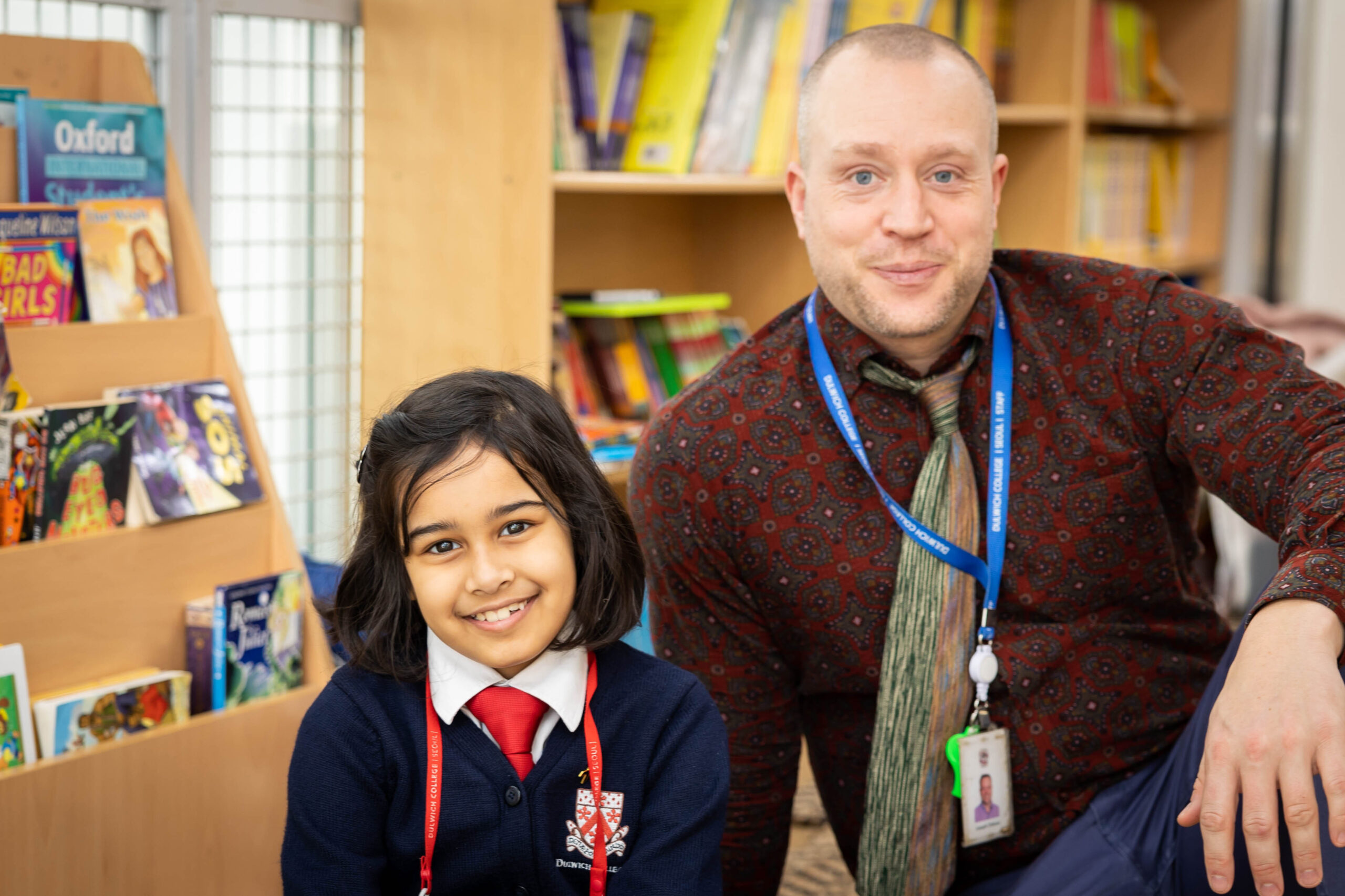
Lead School Counsellor
She got to know him at her previous school, International School of Busan, where Mr Dekens worked before coming to Dulwich. She has social anxiety issues and he helped her adjust to living in a new country. When we were taking a tour of Dulwich, just walking down the hall, she saw Mr Dekens and she was so excited. She decided on the spot, “We are going to Dulwich, we are not going anywhere else”.
It was a huge learning curve for our entire family. I’ve been a teacher in Pakistan, but I was not knowledgeable about this matter, which of course affected her school life, academics and everything, so I resolved to learn more. I talked to Mr Dekens, Fatima’s teachers, and I enrolled myself into certain programmes. I discovered that often the child is not the problem, but rather the adults around them can create problems. To help her, I first had to adjust my own behaviour in order to create a certain environment around her, so that she could be at ease. It’s been a challenge but she is doing much better now.
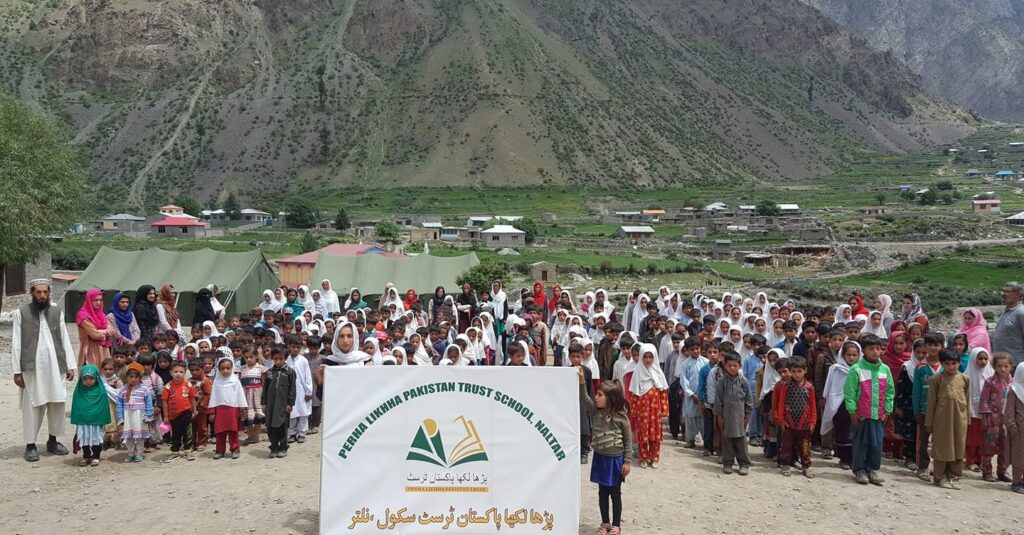
It’s quite a long story. My father was an officer with the Pakistan Air Force and part of his job was to train young officers on how to survive if they crashed in a remote, mountainous region. In 1983, he started going to a training camp near a small village called Naltar in a remote part of northern Pakistan. His involvement in the region gradually branched into winter sports. He served the Ski Federation of Pakistan for nearly 30 years and he eventually became the ski coach for the first ever Pakistan Winter Olympic team for the 2010 Winter Olympics in Vancouver. The sole athlete on the team was from Naltar and it was one of my father’s proudest moments – the pinnacle of his career.
After retiring from the Air Force, his link to that village could not be broken. He kept working for the Ski Federation and had become very close with the people, with the children, and wanted to help them. Our whole family is passionate about education, so we decided to provide them with quality education, which is rare to find in those parts of the country.
We started the Perha Likhha Pakistan Trust School (“Educated Pakistan” in English) in 2013 with just 13 students. This year for the 2023 session, we have 476 students from preschool to Grade 9 (Reception to Year 10 here). All the classes are conducted outdoors or in tents and children as young as four walk miles each way to attend.
Naltar is around a 22-hour drive from the capital, Islamabad. My parents used to run everything. That changed when my father passed away from COVID-19. Since his passing, my siblings and I have been trying to carry on his work. The past year was a learning curve – I wanted to do everything perfectly like my father but it was all very overwhelming. I’m a teacher, not an administrator, so there was a lot I was clueless about. I talked to Mrs Smith regarding the school and she has been very supportive. I am also working with [Saturday Programme Manager] Mr Martin Bushell, who is designing a PE curriculum for our children.
Help is everywhere. My father used to say that if our intentions are pure, God will send you help from sources you couldn’t have imagined. For the past nine years, I’ve seen that. The help that we’ve gotten is unimaginable. It’s been remarkable. Soon after my father’s passing, an extremely generous donor helped us buy land for the school. This year, we will begin school construction and finally our students will have a roof over their heads and chairs to sit on. Everyone is very excited!
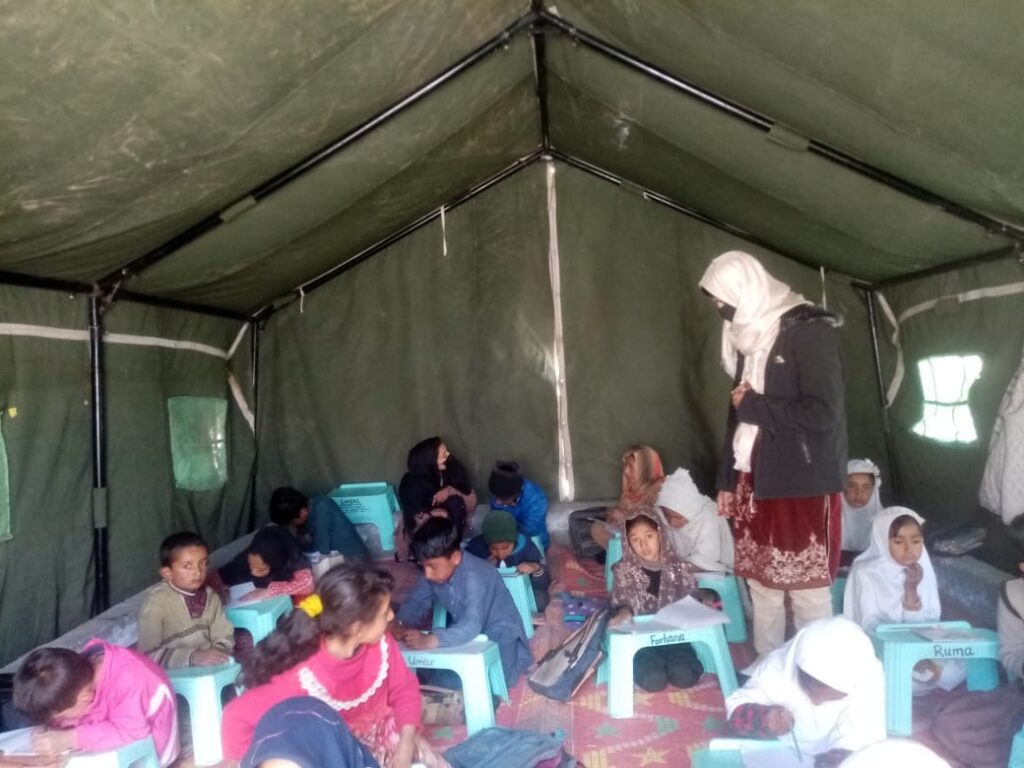
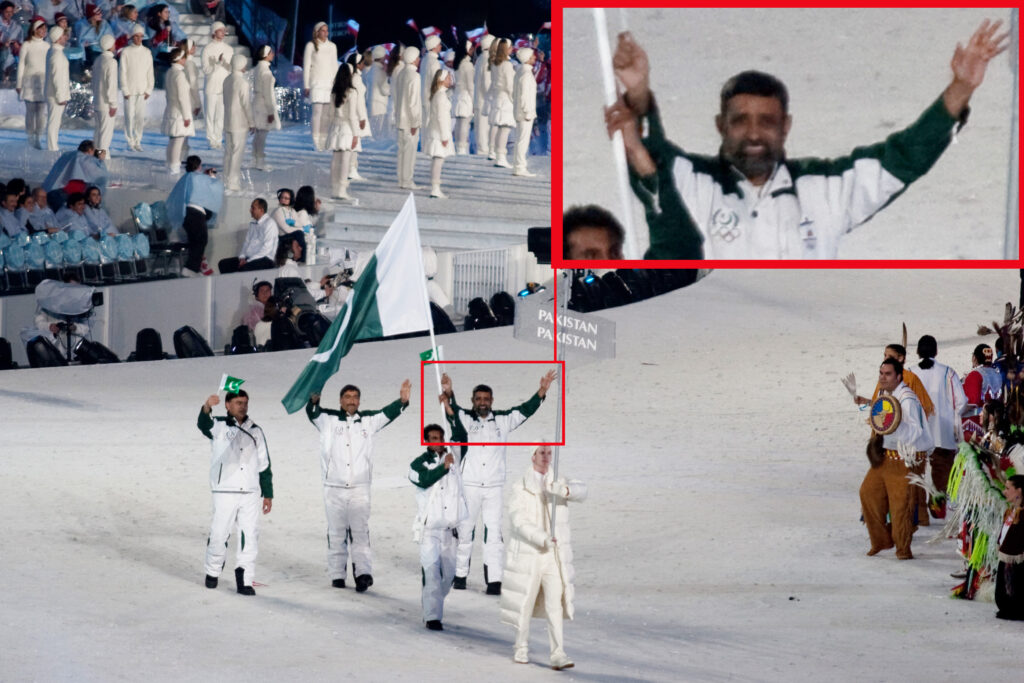
I love to work. I used to volunteer at my daughter’s previous schools as well in multiple capacities, so it wasn’t a new thing. It gives me a chance to interact with new people and form new bonds. I also work with Mr. Burrows in the Inquiry Hub whenever I find time. Books are my passion, too, and I like organising. It’s fun and relaxing for me. In a way, FoD is my therapy. Mr Burrows is very happy to have me there, but I’m not exactly doing it for him. I’m doing it for myself as well. Being in the library, organising the books, it’s helpful for the school and for me.
Also, I am a student of early childhood education. I was supposed to finish my degree a while back but then everything with my father happened and I took a break. I’m doing my PGCE postgraduate certificate in education for early childhood education. I’m left with one research paper, so I talked with [Head of DUCKS1] Mrs Nina Burrows and I have been going into her classrooms and interacting with the children so I can get into that mindset of writing again.
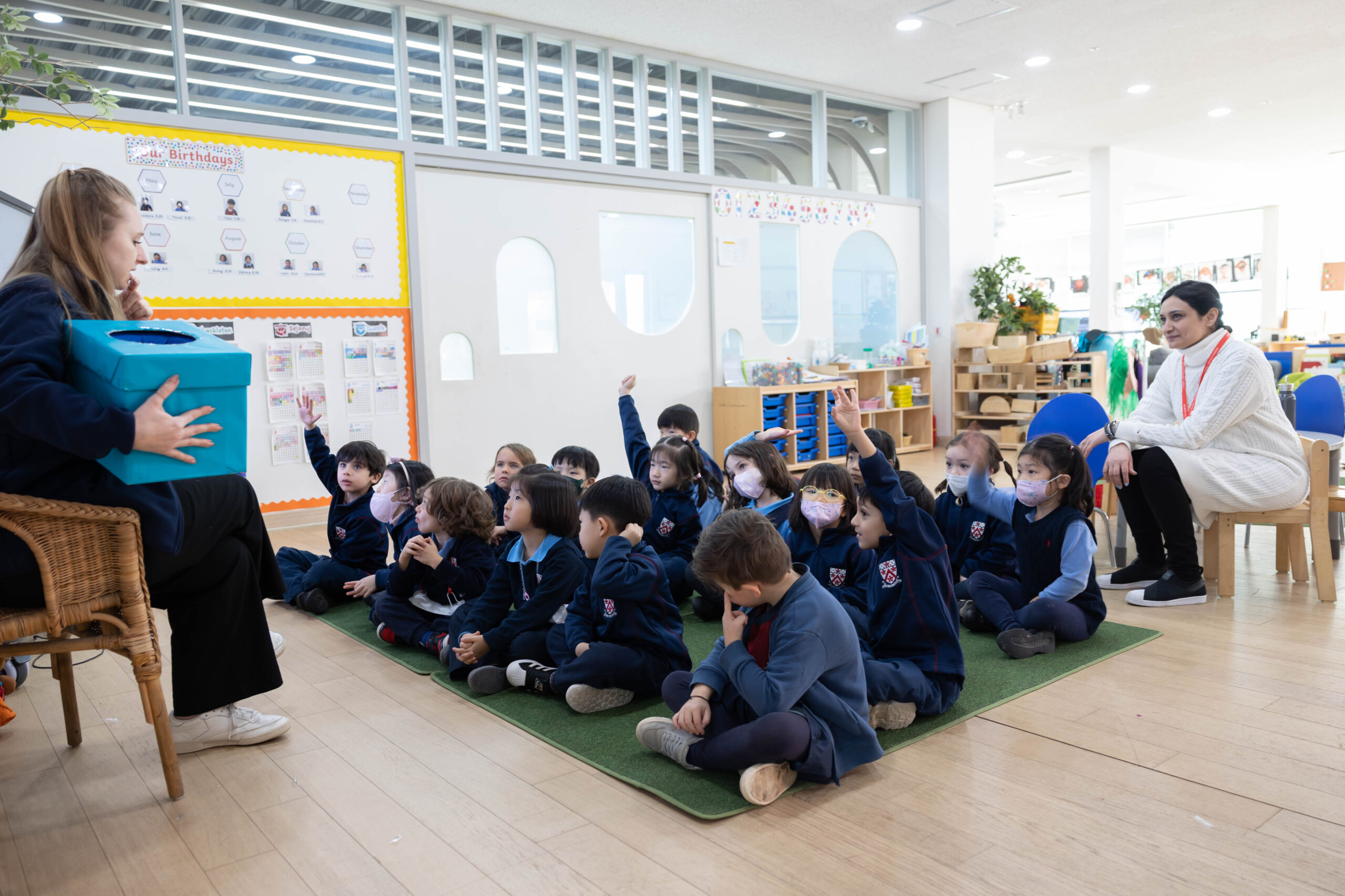
UPCOMING EVENTS
